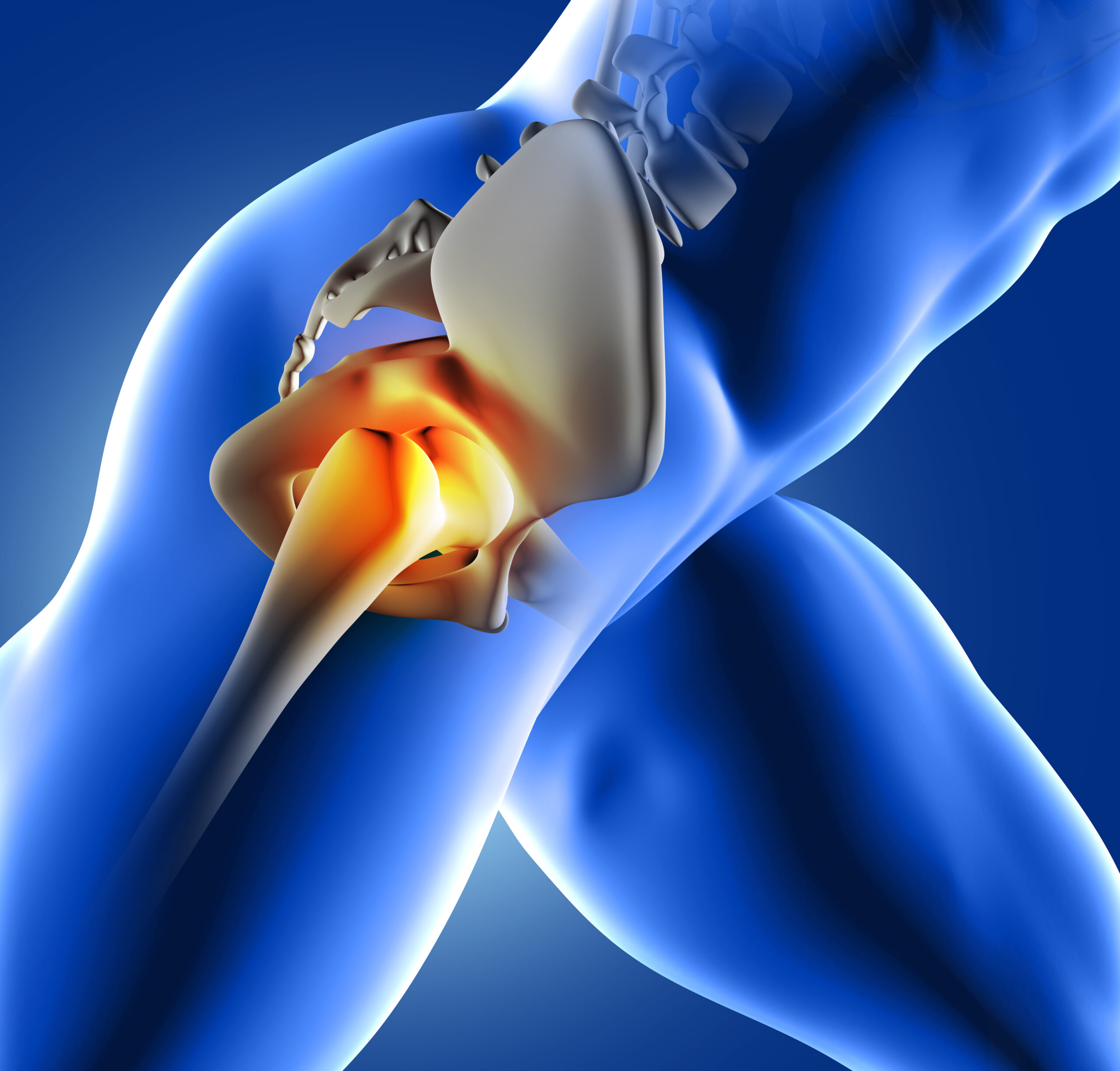Minimally invasive hip replacement surgery in Thane has revolutionized the approach to hip arthroplasty, offering patients the potential for a quicker recovery and a faster return to normal activities. This innovative technique involves smaller incisions and less disruption to surrounding tissues, providing several advantages over traditional hip replacement procedures.
As the medical field continues to evolve, it is essential to understand the benefits and considerations associated with minimally invasive hip replacement to make informed healthcare decisions. In this article, we will explore the key aspects of minimally invasive hip replacement, including its impact on recovery, the surgical procedure, and the potential advantages it offers to patients.

Understanding Minimally Invasive Hip Replacement
Minimally invasive hip replacement, also known as small incision total hip replacement, is a surgical approach that utilizes smaller incisions and involves cutting or detaching fewer muscles around the hip compared to traditional hip replacement surgery. This technique is designed to minimize soft tissue damage, potentially leading to a quicker and less painful recovery, as well as a more rapid return to normal activities.
Hip replacement surgery has come a long way since its inception, with minimally invasive hip replacement surgery in Thane being the latest advancement in the field. This technique uses smaller incisions and causes less damage to the surrounding muscles, leading to a faster recovery and quicker return to normalcy.
Research suggests that minimally invasive hip replacement surgery can have a positive impact on patient outcomes, including improved mobility, reduced pain, and shorter hospital stays. While traditional hip replacement surgery is still widely used.
Minimally invasive hip replacement surgery is becoming increasingly popular due to its many benefits. As technology continues to evolve, it is likely that minimally invasive hip replacement surgery will become even more prevalent in the future.
Benefits and Considerations Of Hip Replacement Surgery In Thane
Benefits of Minimally Invasive Hip Replacement
- Quicker Recovery: Research suggests that minimally invasive hip replacement can result in a faster recovery, allowing patients to return to their daily activities sooner.
- Less Soft Tissue Trauma: The smaller incisions and reduced muscle disruption may lead to less soft tissue trauma, potentially contributing to a shorter hospital stay and decreased postoperative pain.
- Improved Cosmesis: Minimally invasive techniques may offer improved cosmetic outcomes, with smaller, well-concealed incisions.
Considerations Of Hip Replacement
- Specialized Training: Surgeons require specialized training to perform minimally invasive hip replacement, and not all patients may be suitable candidates for this approach.
- Patient Eligibility: Candidates for minimally invasive procedures are typically thinner, younger, and in good overall health, and the suitability for this approach is determined on a case-by-case basis.
Recovery and Return to Normal Activities
Ditch the big incisions, ditch the pain! Minimally invasive hip replacement means quicker recovery, less post-op blues, and a return to normalcy in months, not years. Work, drive, play – it’s all back on the table, faster than you think.
Imagine shedding the pain and reclaiming your life in weeks, not months. That’s the power of minimally invasive hip replacement. Quicker recovery, reduced discomfort, and a faster return to the activities you love – it’s not just a medical marvel, it’s a path to rediscovering your freedom.
Studies show: Minimally invasive hip replacement patients experience a 30% faster recovery and 50% less post-operative pain compared to traditional surgery. And the best part? Many are back to their normal routines within 3 months, with work and driving a possibility in just weeks.
Say goodbye to lengthy hospital stays and agonizing recovery! Minimally invasive hip replacement paves the way for a quicker bounce back. Less pain, faster healing, and a return to work and driving in record time – it’s the gift of mobility, redefined.
Conclusion
Minimally invasive hip replacement surgery in Thane offers a promising alternative to traditional hip arthroplasty, with the potential for a faster recovery, reduced soft tissue trauma, and improved cosmesis. However, it is important for patients to consult with their healthcare providers to determine the most suitable approach based on their individual health status and treatment needs.
By staying informed about the benefits and considerations associated with minimally invasive hip replacement, patients can make well-informed decisions about their care in orthopedic in Thane, ultimately contributing to improved treatment outcomes and enhanced quality of life.
FAQs
Does minimally invasive hip replacement result in a shorter recovery period?
Yes, one of the primary advantages is a faster recovery. Smaller incisions and reduced muscle trauma contribute to a quicker return to normalcy. However, individual recovery times may vary.
Are there risks associated with minimally invasive hip replacement?
While minimally invasive techniques are generally considered safe, like any surgery, there are potential risks. These may include infection, bleeding, nerve injury, or blood clots. A detailed discussion with your surgeon can address specific concerns.
How long does the surgery take?
The duration of minimally invasive hip replacement varies but is often shorter than traditional procedures. On average, the surgery may take a few hours, depending on the complexity of the case.










